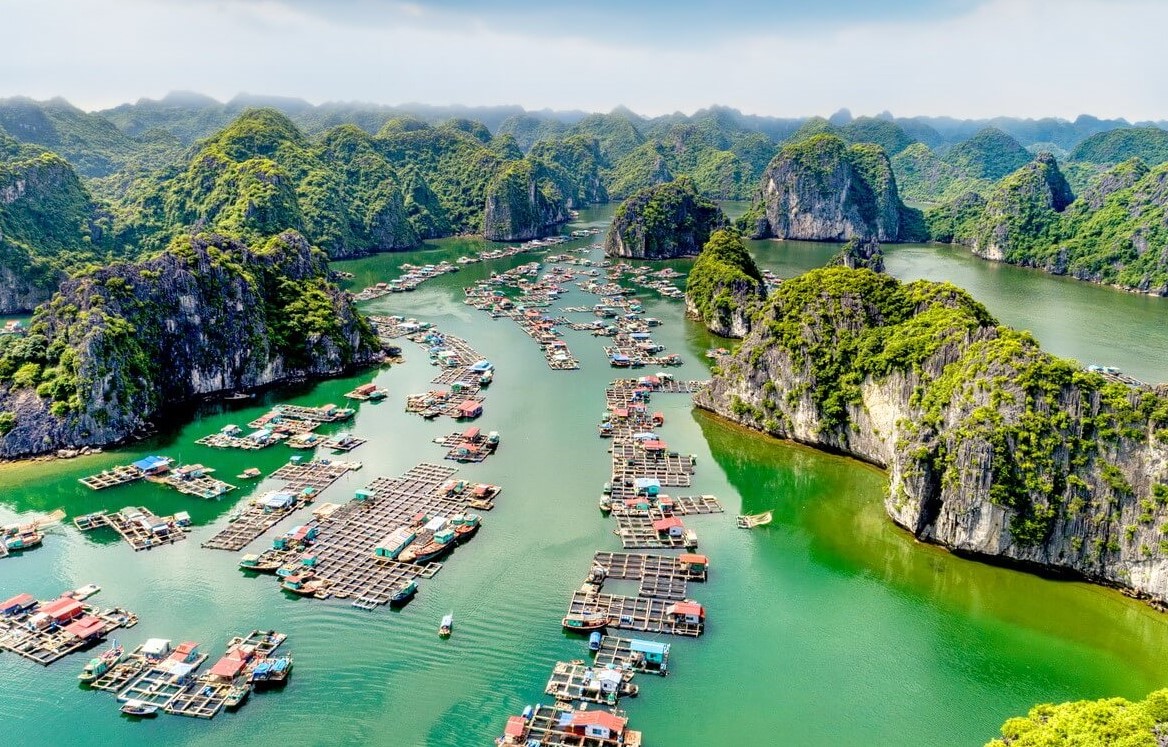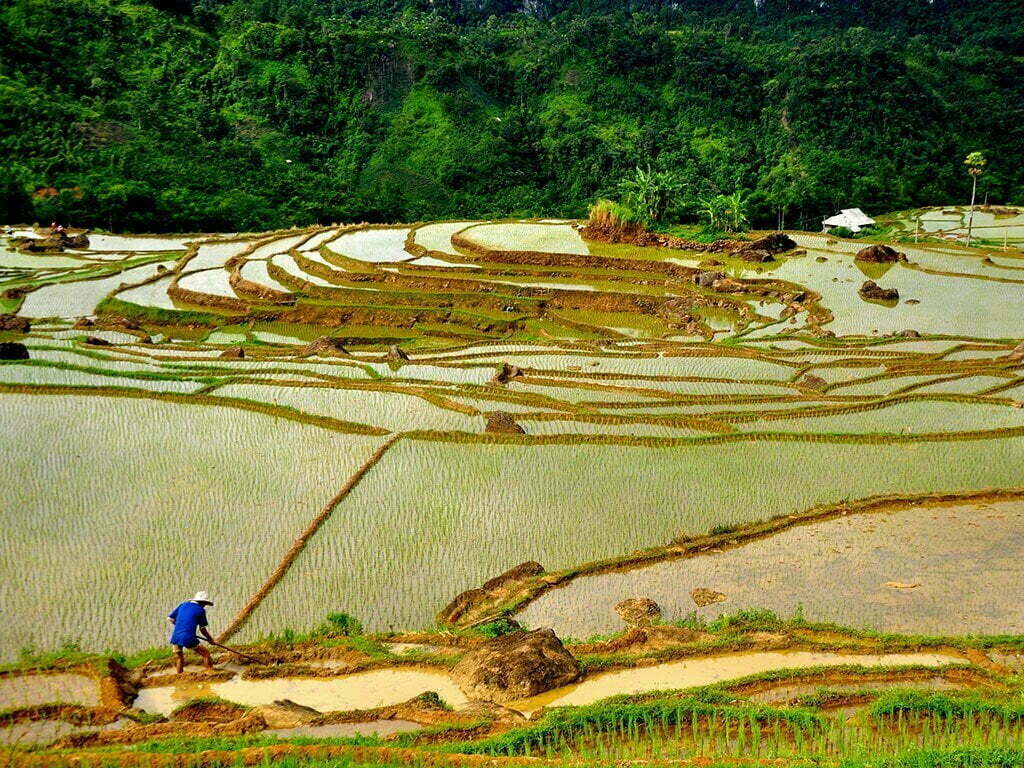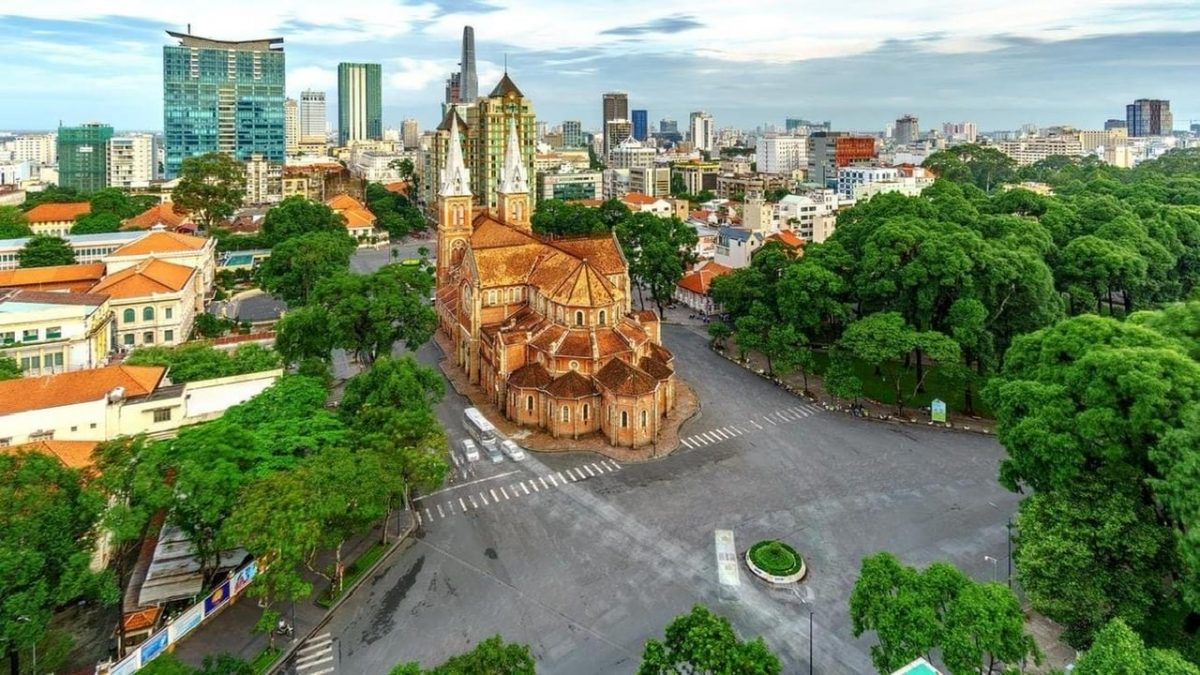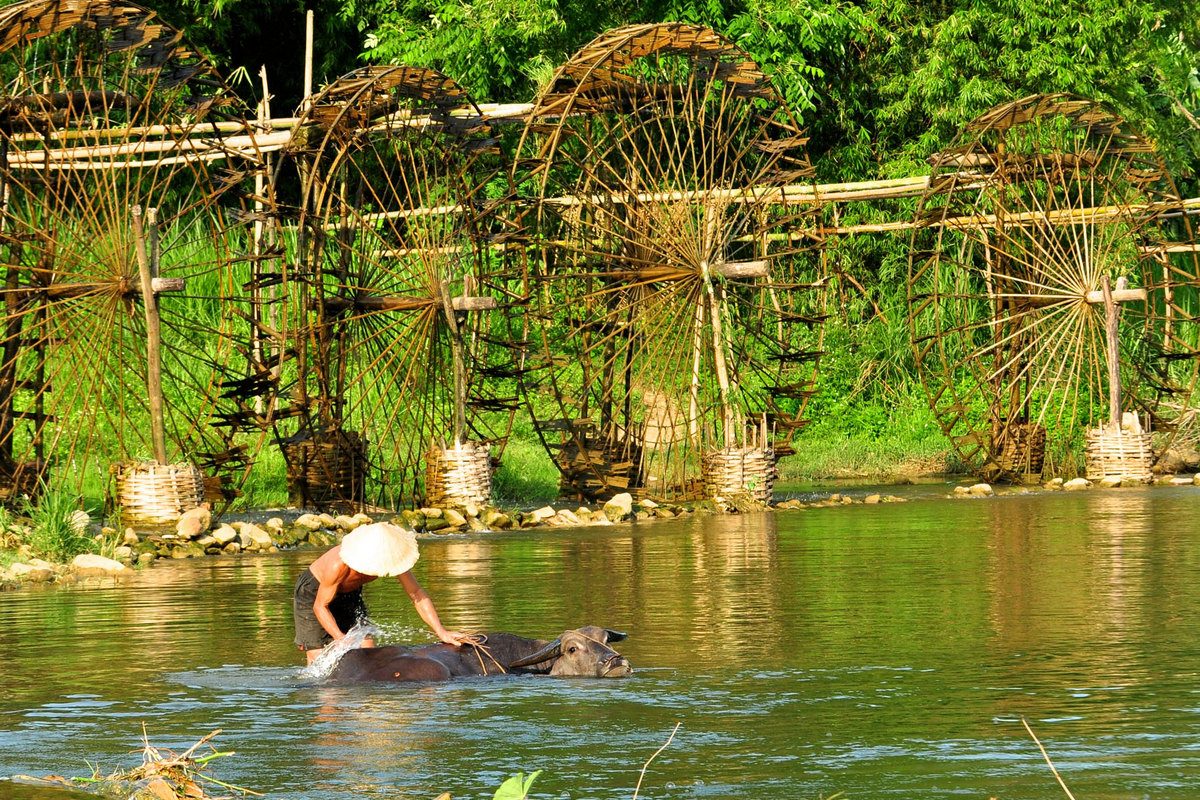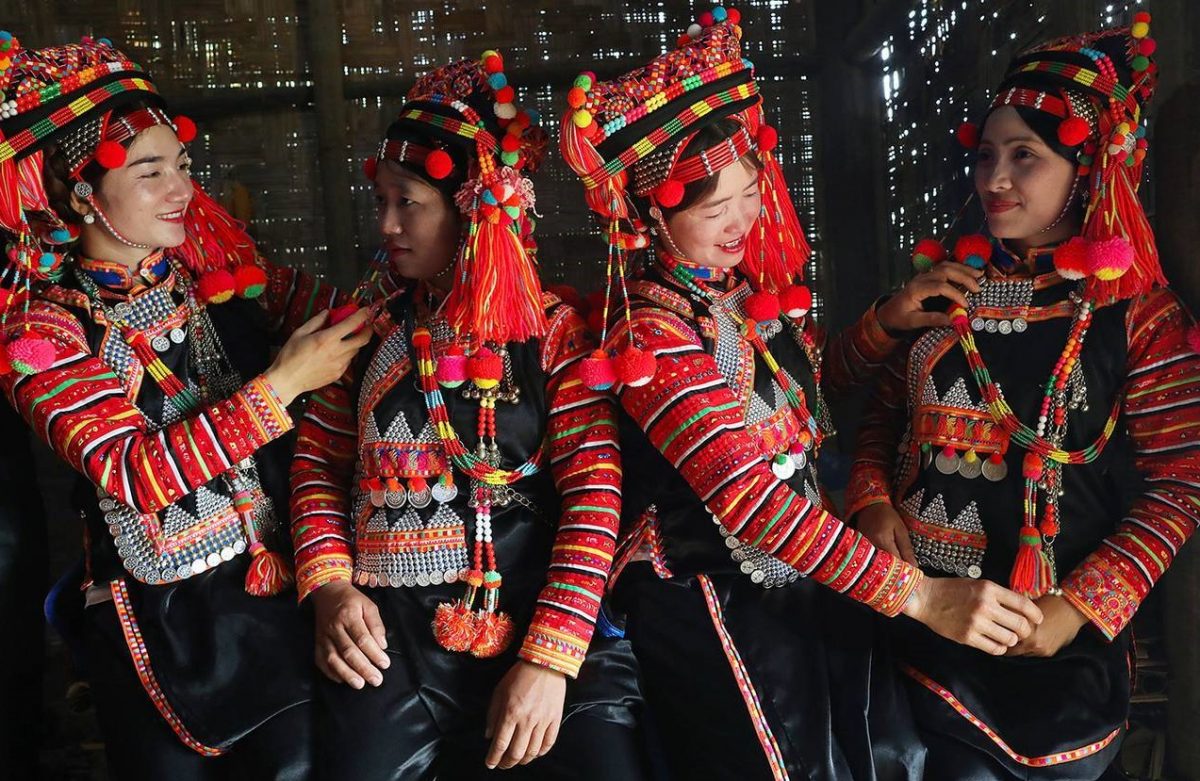Kingdom of Thailand
Population: 68 million
Capital City: Bangkok
Language: Thai
Currency: Baht (THB)
Time Zone: GMT +7 Hours
International Dialing Code: +66
HISTORY
Archaeological evidence suggests that people were cultivating rice in what is now north-eastern Thailand as long as four thousand years ago—well before rice cultivation began in China. Thailand’s early history is chaotic, with parts of the country broken into small kingdoms or incorporated into larger empires based in Myanmar, Cambodia and Indonesia. Thais consider the Sukhothai Kingdom, which arose in 1238, to be the first true Thai kingdom and a golden age of peace and prosperity. In 1376 Sukhothai was annexed by the Thai kingdom of Ayuthaya, which defeated the Khmer kingdom of Angkor in 1431. In 1765 the Burmese captured Ayuthaya, but were expelled by the Thais four years later. A Thai general by the name of Phraya Thaksin appointed himself king and established a new kingdom on the bank of the Chao Phraya River, opposite Bangkok. In 1782 the Thai court moved to Bangkok.
LANDSCAPE
About the same size as France, Thailand offers everything from high mountains in the north to tropical islands in the south. The country is divided into four main geographic regions: a fertile central area fed by the Chao Phraya River; a north-eastern plateau; the mountains and fertile valleys of the north; and the rainforests of the southern peninsula. To the east this peninsula borders the Gulf of Thailand, to the west the Andaman Sea. Hundreds of islands dot both sides of the peninsula.
GENERAL INFORMATION
PASSPORT & VISA
A passport with at least six months validity from the date of entry is required.
The Visa exemption rule allows tourists from 52 countries to enter without a visa. They are granted a stay of maximum 30 days but only if entering Thailand via an international airport. Tourist Visa- valid for 3-6 months from date of issue for a period of 30 to 60 days travel, depending on your nationality.
With a multiple entry visa, the visa is valid for 6 months from date of issue and the maximum period of each stay is 60 days. The Multiple-Entry Tourist Visa holder may enter Thailand again as long as the visa is still valid.
Foreigners entering Thailand via border posts at Cambodia, Laos, Myanmar, and Malaysia without securing a prior visa will be granted only 15 days of stay in the country. Extensions at Thai Immigration after the Visa on Arrival has expired remain at 7 days, after which you must leave the country or pay the penalty and other sanctions for overstaying the visa.
Please note that travellers may be asked to show their flight ticket on entering Thailand. If someone does not possess a flight ticket or other ticket for onward travel to show they will be exiting Thailand within 30 or 15 days of entry they may be refused entry.
WEATHER
Thailand has a tropical monsoon climate. April and Mayare the hottest months of the year when even the locals complain about the heat.
June sees the beginning of the South West Monsoon, and brings with it the rainy season, which continues intermittently until the end of October. From November to the end of February, the weather is cooler and less humid.
The North and North-East are generally cooler than Bangkok in the winter and hotter in the summer. In the far north, around Mae Hong Son, temperatures can occasionally drop as low as 20C.
Please note: The weather can be unpredictable so it may be a good idea to carry an umbrella or raincoat with you. You can purchase these from most supermarkets and general stores.
CLOTHING
If your trip to Thailand includes stops at beaches and mountainous areas, you will need clothes for all temperatures. A swimsuit, sunglasses, a hat, t-shirts, shorts that are not too revealing, long trousers, some light-weight, long-sleeved tops and a light jacket that is wind- and rain-resistant will get you through most trips, but if you plan to visit northern Thailand in the winter, you’ll need a warm coat. Mountainous areas can get chilly; choose clothes you can layer. If trekking is on your agenda, you will need sturdy footwear—plus lots of socks. Slip-on shoes or sandals are useful for visits to pagodas or people’s houses, as you’ll save time taking your shoes on and off.
Bangkok and Phuket offer upscale bars and restaurants, so be sure to pack some clothes and shoes for a nice evening out. Leave your flashy jewelry at home.
CURRENCY
Major credit cards are accepted by hotels and large shops. However, cash in the form of the local currency Thai Baht is the preferred tender elsewhere. Traveller’s cheques are not generally accepted outside of hotels, so change them for cash at a bank exchange which you’ll find in most tourist spots. ATM’s are also widely available and accept most international cards. Several banks have restrictions on ATM card use abroad, thus we advise to verify this with your bank before departure.
Thailand’s currency, the Baht, trades for around 30 to the US Dollar. You will have no trouble finding ATMs, getting cash advances, exchanging travelers’ checks or using popular credit cards in Bangkok and other major tourist centers (Chiang Mai, Chiang Rai, Phuket, Ko Samui, Krabi, etc.) although it is wise to bring adequate funds in Thai Baht if traveling in remote areas. The most popular credit cards are Visa and MasterCard, followed by AmEx and JCB. US Dollars are not accepted in shops, restaurants, taxis, etc.—carry Thai Baht. Credit card fraud is a problem; do not allow vendors to take your credit card out of your sight as thieves could make several receipts and forge your signature.
PHONES & INTERNET SERVICES
The Thai postal service is very reliable and there are also courier services widely available.
Calling abroad is easy but expensive. Internet access is available in all major tourist places and you will find WiFi in most cafes in more built up areas.
TRAFFIC & TRANSPORTATION
Traffic in Bangkok can be very bad, especially during the rainy season. Using the Metro or Sky Trainis by far the fastest and most convenient way to get around. However, these do not cover the entire city. If using a taxi, try to make sure you get one on the meter. Tuk-tuksare another way of getting around. These motorised, three wheel cars tend to be more expensive than meter taxis, and prices are negotiated beforehand.
Motorbike taxis: Travel by motorbike in Thailand is not safe and under no circumstances is this sanctioned or recommended by US. Please note that travel by motorbike is not usually covered by insurance. Please check the fine print of your travel insurance policy to be sure of your cover.
LUGGAGE ALLOWANCE
Vietnam Airlines: 20kg in Economy and Carry-on bags must weigh less than 7 kg and have a size limit of 9 x 14 x 22 inches.
SAFETY TIPS
In general, Thailand is very safe for travelers. Violent attacks are rare, although petty theft is a problem. When possible, secure your valuables in the hotel safe. Remember to record your traveler’s cheque numbers and credit card info—just in case.
Do not leave your wallet or mobile phone in the back pocket of your pants or anywhere else that’s easily reached (like an outer zip-up compartment on a backpack). Be especially vigilant in markets and other crowded places like ports and train stations.
If you take a tuk tuk (motorized three-wheeler) negotiate the price ahead of time. Some taxi drivers will refuse to turn on their car’s meters. If this happens, we recommend that you get out of the taxi and find another driver who charges according to the meter.
Turn down offers for cheap gemstones. Many travelers have fallen prey to gemstone scams. If a deal sounds too good to be true, it probably is. Tuk tuk drivers who offer very cheap tours will take you on a tour of shops, and then collect a commission on your purchases. Thailand’s Tourist Police advises visitors to turn down all offers of free shopping or sightseeing help from strangers. The Tourist Police employs some 500 English-speaking officers, who are stationed in tourist areas. They deal with tourism-related crimes, especially gem frauds and thefts. To contact the Tourist Police dial 1155 from any phone in Thailand (24 hour service) or 678-6800 in Bangkok. Help in English is also available at the Tourist Assistance Center in Bangkok at 281-5051.
As anywhere, use common sense and don’t walk alone after dark. If confronted by a mugger, do not resist. You’re always better off skipping tuk tuks at night; ask your hotel or restaurant to call a reputable taxi firm.
Traffic is chaotic. If you choose to ride a motorcycle or bike, wear a helmet. Remember that traffic drives on the left in Thailand so take extra care when crossing the street.
Remember that it is not safe to drink tap water in Thailand. Bottled water is cheap and readily available.
VACCINE
Before travelling to Thailand, please ensure you have adequate protection against disease. Contact your doctor for the latest medical advice on the vaccinations you need, no less than two months before your departure. Be aware that there is malaria risk in rural parts of Thailand.
TRAVEL INSURANCE (recommended)
The Time Journeys does everything possible to ensure a safe and enjoyable trip. However, travel inevitably involves some unavoidable risk. Travel insurance is a cost effective way of protecting yourself and your equipment should any problems occur such as cancelled trips, delays, medical emergencies, baggage loss or damage. Please also make sure your travel insurance covers all activities planned on your trip so you can enjoy peace of mind during your journey.
PUBLIC HOLIDAYS
There are many public holidays in Thailand. The main one is the Thai New Year calledSongkran. Songkran is celebrated all over the country, with its highlight in Chiang Mai where celebrations go on for over a week. Many Thai people travel back to their hometowns to visit local temples during this time. Be aware that this can make transportation more difficult. The most notable way of celebrating Songkran is by splashing water on each other. Large water fights break out across the country and innocent bystanders are favoured targets. Store your valuables and electronics carefully!

